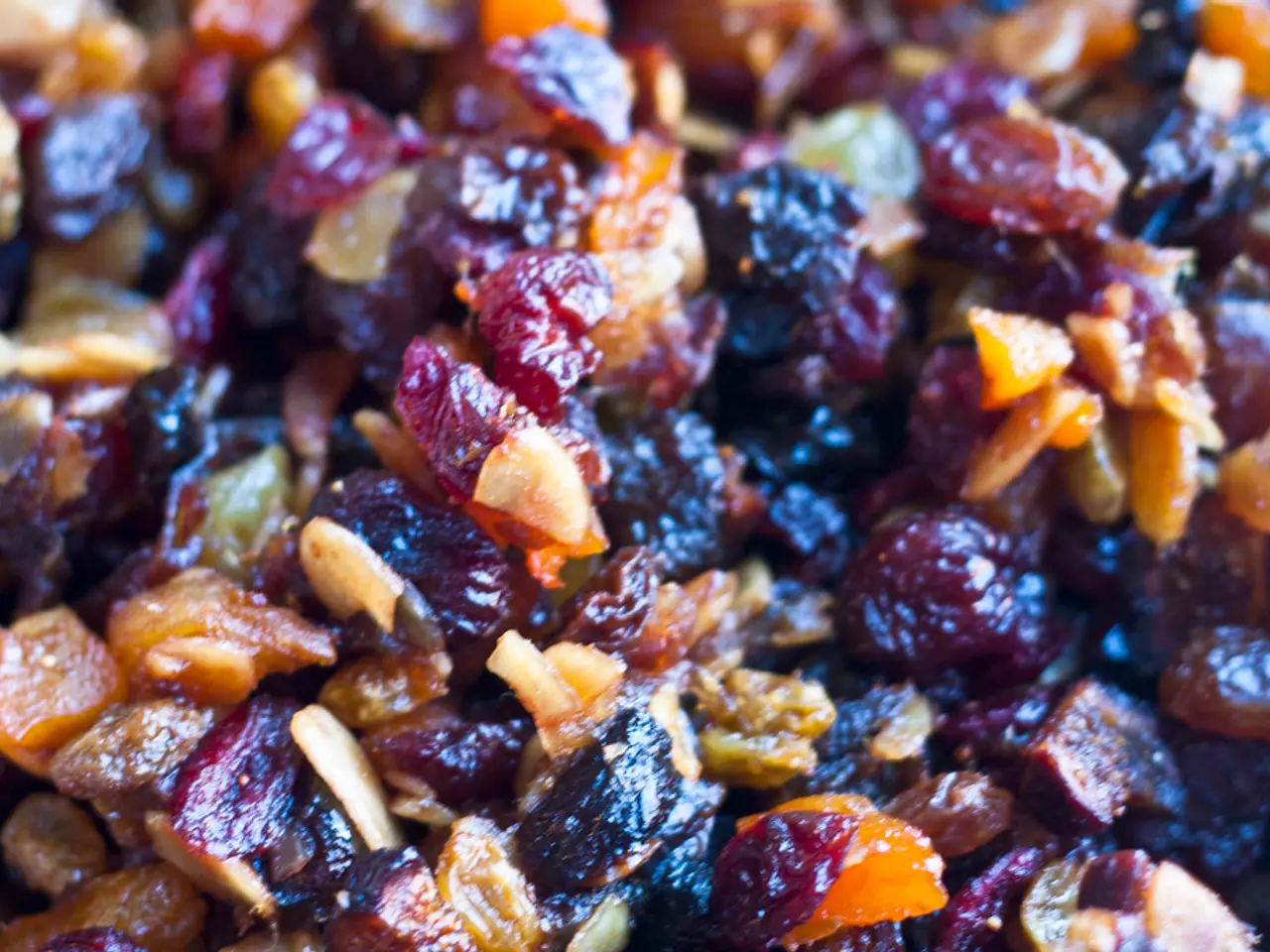Zinc Benefits and Food Sources for Children: A Comprehensive Guide
================================================
Zinc, a powerful antioxidant, plays a crucial role in the health and development of children. This essential trace mineral is vital for a range of bodily functions, from promoting healthy growth and immune function to supporting brain development and cognitive function.
Zinc helps prevent retinal damage and loss of vision in children, making it an essential nutrient for maintaining eye health. It also acts as an immunity booster, making children less vulnerable to infections. Moreover, zinc aids in cognitive development, enhancing focus and preventing ADHD.
Children can obtain zinc from a variety of food sources. Meats like beef and chicken, seafood, and dairy products are high in zinc and provide highly bioavailable forms of the mineral. For vegetarian and vegan children, whole grains, legumes, soy products, nuts, seeds, fortified cereals, and dairy alternatives can provide adequate zinc.
Roasted chana (Bengal gram) is an excellent snack, providing zinc along with protein and fiber. Curd (dahi) offers zinc and probiotics beneficial for gut health. Pumpkin seeds and cashews are notable vegetarian zinc sources, with pumpkin seeds providing about 2.7 mg and cashews about 1.9 mg of zinc per quarter cup serving. Soybeans and chickpeas also contribute substantial zinc — about 4.2 mg and 3.5 mg per 100 grams cooked, respectively.
Regarding recommended daily zinc intakes for children, infants (7-12 months) require about 3 mg/day, toddlers (1-3 years) require 3 mg/day, children (4-8 years) require 5 mg/day, older children (9-13 years) require 8 mg/day, and adolescents (14-18 years) require 9 mg/day. A well-planned vegetarian diet can provide adequate zinc for all age groups, while a balanced diet with a variety of zinc-rich foods can help meet these daily requirements effectively.
However, it's important to note that consuming more than 25-50mg of zinc and copper can interfere with metabolism in teenagers. High zinc dosages in children can also result in increased blood cholesterol levels, low levels of HDL, and recurring infections. Side effects such as vomiting, nausea, diarrhea, abdominal pain, fever, and lethargy may also occur.
Given these considerations, it's advisable for children to consume a balanced diet rich in zinc-rich foods. Consulting a family doctor or a certified nutritionist before choosing to use a zinc supplement for kids is also recommended to avoid potential side-effects. Plant-based foods have low doses of zinc and may not cover the daily recommended intake, so it's important to ensure a varied diet to meet the daily requirements.
In conclusion, zinc is an essential nutrient for children's health and development. Including a varied diet with zinc-rich foods can help meet these daily requirements effectively while also supporting other aspects of child development such as cognition and immunity.
Parenting techniques that prioritize providing children with a balanced diet rich in zinc-rich foods can contribute to their overall health and wellness. Incorporating scientific research on nutrition into parenting practices can help ensure children receive the necessary zinc for their growth and development.
During the discussions about food choices for children, considering the role of zinc in boosting their immune function, promoting healthy growth, and supporting cognitive development can be additional points of focus in the realm of health-and-wellness.




